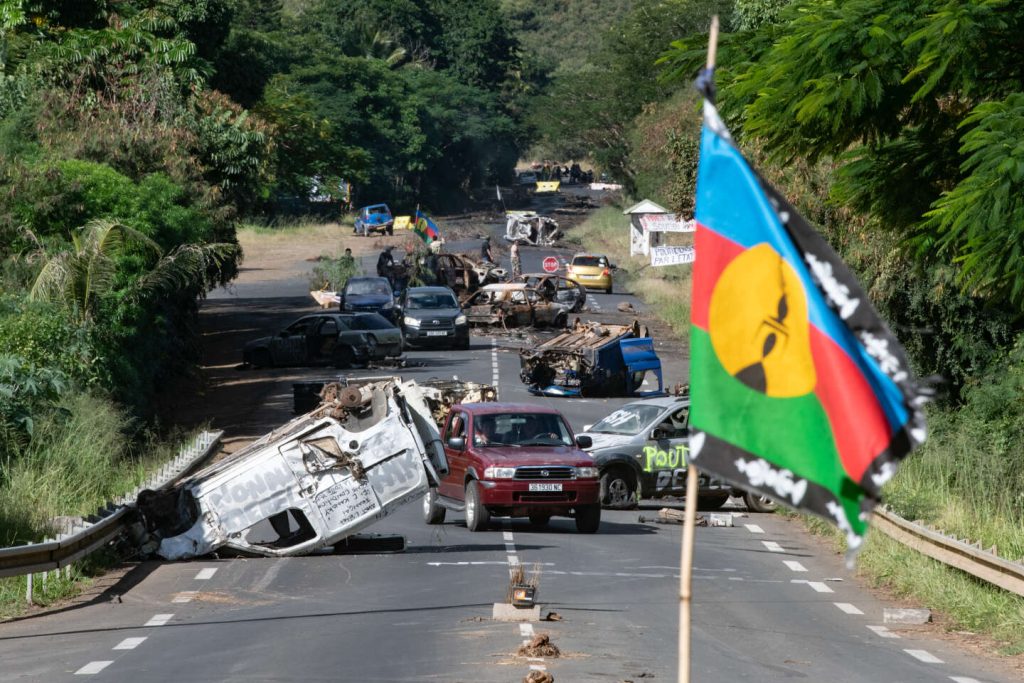In May 2024, a filtering barrier set up by independence activists on the RT1 at the Saint-Laurent tribe in Païta, New Caledonia, sparked violent riots in the archipelago. The Front de libération nationale kanak et socialiste (FLNKS) requested President Emmanuel Macron to clarify that the constitutional reform project causing the crisis would not be submitted to the Congress. The project aimed to expand the local electoral body in the South Pacific territory, leading to seven deaths and hundreds of injuries. The tensions remained high despite a significant deployment of security forces in the area.
The violence in New Caledonia, which included looting, vandalism, and roadblocks, erupted after the French Parliament in Paris approved the electoral reform for the provincial elections. The FLNKS argued that this would marginalize the native Kanak population. The FLNKS called for Macron to explicitly state that he would not convene the Versailles Congress and therefore abandon the constitutional reform, in order to deescalate the situation and resume discussions on the territory’s institutional future. Macron, during his visit to the archipelago on May 23rd, did not mention withdrawing the contested bill, but instead emphasized the need for dialogue and a possible referendum.
Macron established a team of experts to revive dialogue with the independence activists but also discussed the possibility of a national referendum on the issue. Despite authorities regaining control of the city of Nouméa, roadblocks remained, and independence activists were determined to continue their mobilization. The airport remained closed, and a nighttime curfew was in effect until June 10th. With a population of 270,000, New Caledonia has been on a path towards independence from France since 1998.
The FLNKS emphasized the need for clear and decisive action from Macron to prevent further unrest and violence. The independence movement believes that Macron’s vague statements have not provided the assurances needed to quell tensions and resolve the crisis. Despite the government’s efforts to restore order, roadblocks and protests continue, indicating that the situation is far from being resolved. The FLNKS urged for direct communication from Macron regarding the fate of the constitutional reform and the path forward for New Caledonia’s future.
The situation in New Caledonia highlights the ongoing tensions between the indigenous Kanak population and the French government, as well as the challenges of decolonization and self-determination in a post-colonial context. The FLNKS’s demands for clarity and resolution reflect the deep-seated grievances and aspirations of the Kanak people, who have long sought autonomy and recognition of their rights. The international community will be closely monitoring the developments in New Caledonia, as the archipelago navigates a critical juncture in its political and social history.


